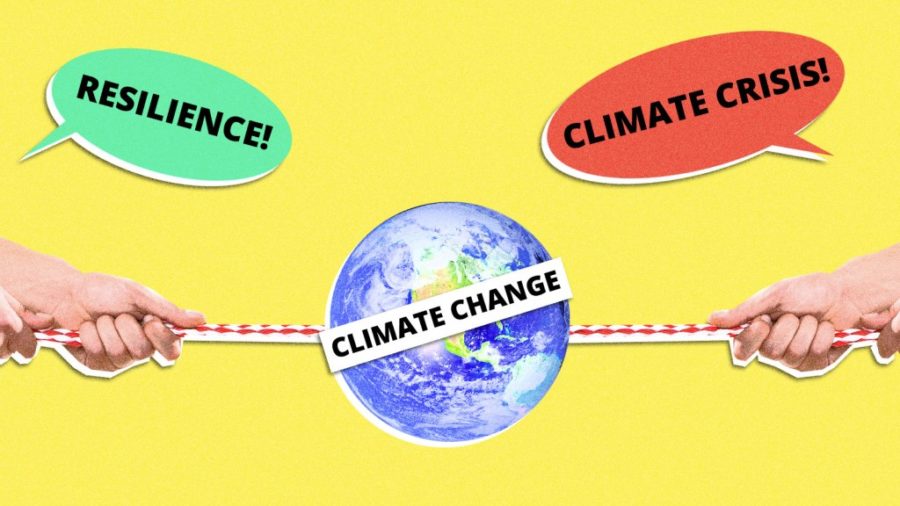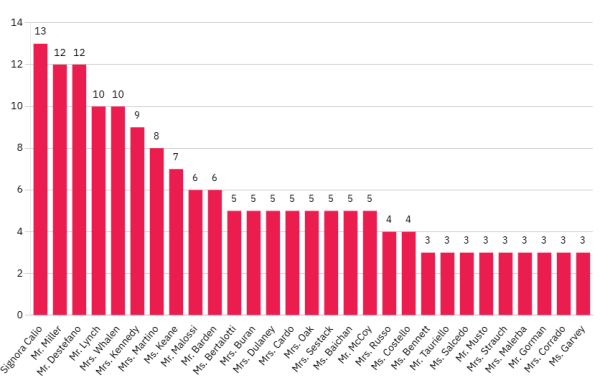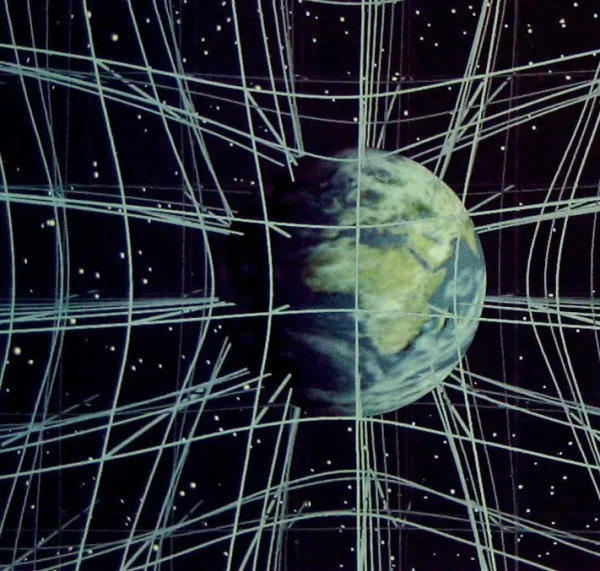Climate Change: A Concern For Society?
Climate change has long produced often-bitter debate, with many signaling it as a bringer of the end of the world—and others calling it a nothingburger. This difference matters, perhaps more than anything else in our time. Children are now used as speakers for international debates as they vociferously claim we’ve begun a campaign of destroying childhoods, likening our situation to a world war, and characterizing the US as intent on world destruction—but are we truly at war with an unseeable foe?
Throughout the history of the Earth, climate has been mercurial: Earth has varied, bouncing between periods of intense cold and severe warming. Yet with the advent of modern amenities and the subsequent burning of fossil fuels, many claim the release of greenhouse gases directly affects the current climate. It’s ignorant to deny climate change itself, yet as many scientists have acknowledged, all of Earth’s history intrinsically involves climate change, reaching depths and heights that effectively segregate Earth’s natural history into ice ages and green ages (periods of intense heat)—but why is this now a concern that has children skipping school for protests and environmentalists up in arms?
As AP Biology teacher Mr. Como argues, “..we haven’t had any type of standardization of direct temperature for over two hundred years,” indicating that the precise technology required to analyze climate change over a long period of time wasn’t always readily available. Isotopic frequencies from ice cores are often used as a proxy for direct temperature and this lack of standardized measurement leaves a large gap for speculation from both scientists and the general public.
Yet, is the burning of fossil fuels directly related to global warming? “Yes, [humans affecting global climate through extraneous means] is very, very possible,” Mr. Como agrees. “…[But] there are periods in Earth’s history where we’ve had as much as eighteen times the amount of CO2 in the atmosphere making it difficult to determine if humans really have contributed substantially.” So without concrete evidence, perhaps this period of global warming we’re experiencing isn’t a cause for uproar, but instead a natural progression.
But what of Greta Thunberg—the 16-year-old climate activist who recently spoke at the UN Climate Summit? As many know, Thunberg is a Swedish teenager who happens to be on the Autism spectrum and has received relatively little formal science education as a whole. Anyone should be ashamed of needlessly bullying Thunberg for her condition, but how she’s paraded around as the “messiah of climatology” is nearly as bad. Any teenager, regardless of mental status or personal views, should not be displayed in a public forum in such a way that they become not only a political object, but a target ripe for attack and insult.
Yet despite the genuine nature of Thunberg’s horror for the state of the Earth’s future, many ethical questions have been raised about the political use of Thunberg from both sides of the partisan lines. And with the German inquiry into child abuse on part of Thunberg’s parents—we as a society should encourage Thunberg to live as a normal teenager and not transform her into a political punching bag.
The German investigation raised this past week details the profiteering and political power given to others because of Thunberg and her stance. As Thunberg has now written two books and profits are given and controlled by her parents who act as her managers, many questions are left as to why Thunberg needs money when her sole goal is to save the environment from the greedy capitalists who have put profit over the well being of the environment.
Before becoming a climate activist, Greta would be too anxious to go to school for months and would often go long periods of time without eating, yet she is now paraded on stages and in streets where she is very likely anxious—so is this really the best thing to do to a teenager with an anxiety disorder? On top of this, many have claimed that Swedish companies have profited millions off her public appearances and her speeches have no doubt affected global viewing of climate change which in turn may help with lobbying and policy making;however, the German Inquiry has not concluded their investigation yet.
This clearly affects not only the world but Bethpage as well. Bethpagians should do their own due diligence regardless of political bias. But should Bethpagians make a general movement to be environmentally conscious even if global warming is a natural process? Should we lower our carbon footprints? Should we recycle and try to reduce pollution? Absolutely, protection of the environment is one of the most important things we as individuals should partake in. Recycling, preventing litter, and lobbying for control and to reduce environmental pollution is incredibly important and every individual from Bethpage to Hong Kong should make an active attempt to prevent everything from fertilizer runoff to the release of harmful toxins into nature.

Aidan—Dadcliffe—Radcliffe is a senior at Bethpage High School, and returning to journalism for his second year. In his free time he rewatches...











